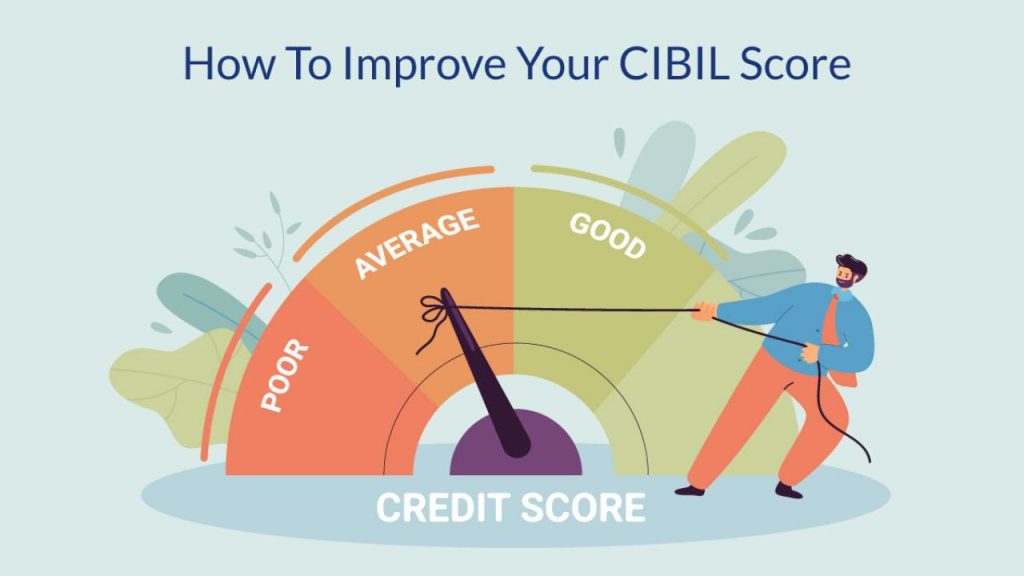Having good creditworthiness is crucial for anyone planning to borrow money in the future. Creditworthiness refers to a person’s ability to repay loans or credit, and it plays a significant role in determining whether lenders will approve loan applications and what interest rates borrowers will receive. Whether you’re looking to apply for a mortgage, car loan, or credit card, a strong creditworthiness can make a substantial difference in the borrowing process. In this article, we will explore effective strategies to boost your creditworthiness and enhance your future borrowing opportunities.
Understanding Credit Scores

Credit scores are numerical representations of an individual’s creditworthiness. They range from 300 to 850, with higher scores indicating better creditworthiness. Several factors influence credit scores, including payment history, credit utilization, length of credit history, new credit applications, and credit mix. Monitoring your credit scores regularly is essential to identify any discrepancies and track your credit improvement progress.
Steps to Improve Creditworthiness
Improving creditworthiness involves taking proactive steps to enhance your credit profile. The first step is to review your credit reports from all major credit bureaus and ensure they are accurate and up-to-date. In case of any inaccuracies or disputes, promptly contact the credit bureaus to rectify the errors.
Paying bills on time is one of the most crucial factors affecting credit scores. Set reminders or automate payments to avoid missing due dates. Additionally, reducing credit utilization by paying down outstanding balances can significantly boost credit scores.
Another important aspect is to avoid unnecessary credit applications, as multiple inquiries within a short period can negatively impact your credit score. Instead, be selective about applying for credit and only do so when necessary.
Building a Positive Credit History
A robust credit history is essential for improving creditworthiness. One way to achieve this is by responsibly using credit cards. Make timely payments and keep credit card balances low. Diversifying your credit accounts by having a mix of credit types, such as credit cards, installment loans, and retail accounts, can also positively impact your creditworthiness. Additionally, keeping old accounts open, even if they are not actively used, can contribute to a longer credit history, which is beneficial for your credit score.
Managing Debt Effectively

Effective debt management is crucial for creditworthiness. Start by creating a budget that outlines your income and expenses. Allocate funds to cover essential expenses and debt repayments. Prioritize debt repayment, focusing on high-interest debts first. Avoid accumulating excessive debt, as high credit card balances relative to your credit limits can hurt your credit score.
The Role of Financial Stability
Financial stability plays a significant role in determining creditworthiness. Lenders prefer borrowers who demonstrate stable employment history and consistent income flow. Having a secure job and a steady source of income can improve your chances of being approved for loans. Additionally, building emergency savings can act as a safety net during unforeseen financial challenges.
Seeking Professional Advice
If you find yourself struggling to improve your creditworthiness, consider seeking advice from credit counselors or financial planners. These professionals can provide personalized guidance and strategies to help you achieve your credit goals.
Long-Term Strategies for Creditworthiness
Building good credit takes time, patience, and persistence. There are no quick fixes or shortcuts to achieving excellent creditworthiness. Stay committed to responsible financial habits and avoid practices that could harm your credit. Consistency and diligence will lead to long-term improvements in your creditworthiness.




Leave a Reply